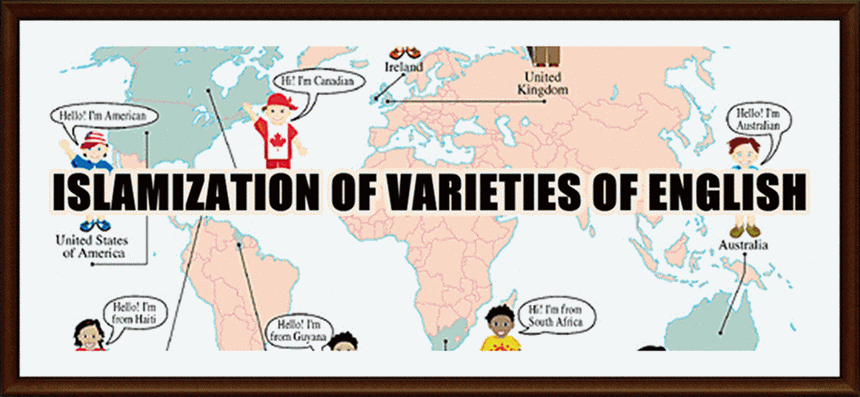GROUP PROFILE
 |
| Julaiha, Aimi, and Asma' |
Group Members:
1. Name : Julaiha Shazmira binti Malizan
Year of Study: Year 4
Email : julaiha90@yahoo.com
2. Name : Aimi Farhein binti Ramli
Year of Study: Year 4
Email : aimyramli@gmail.com3. Name : Asma' binti Ab.Razak
Year of Study: Year 4
Email : asma.abrazak@gmail.com








